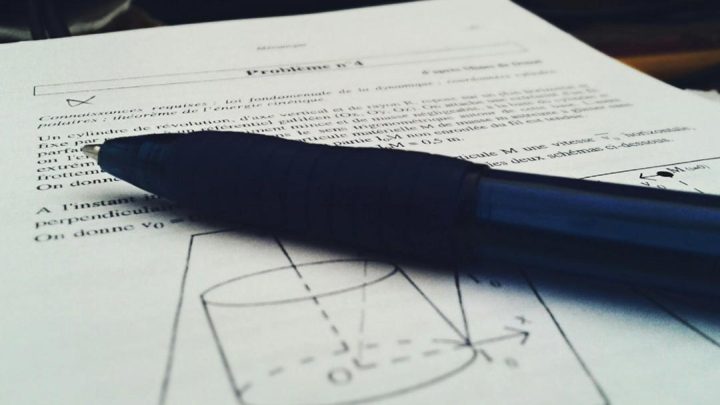Frequently Asked Questions
Some of the most common academic writing mistakes include poor structure, weak thesis statements, informal language, grammar errors, plagiarism, lack of supporting evidence, wordiness, poor transitions, and incorrect citations.
Start by outlining your paper before writing. Ensure your introduction, body paragraphs, and conclusion are logically connected. Use headings, subheadings, and transition words to maintain a smooth flow of ideas.
Academic writing requires a formal tone to maintain professionalism and credibility. Using slang, contractions, or conversational phrases can weaken your arguments and make your paper appear unprofessional.
Always cite your sources properly using the required citation style (APA, MLA, Chicago, etc.). Use plagiarism-checking tools like Turnitin to verify the originality of your content. When in doubt, provide a citation.
You can use online tools like Grammarly, Hemingway Editor, or Microsoft Word’s built-in grammar checker to spot and correct errors. However, manual proofreading is still recommended for best results.
A thesis statement clearly defines the main argument or point of your paper. It helps guide your writing and informs readers about the purpose of your work. A strong thesis statement keeps your paper focused and coherent.
Avoid unnecessary words and repetition. Be clear and direct in your writing. Use active voice where possible and eliminate filler words that do not add value to your content.
Transition words improve the flow and readability of your paper. They help connect ideas between paragraphs and sentences, making it easier for readers to follow your argument or discussion.
Consult your institution’s writing guidelines or use online citation generators like Citation Machine or Zotero. When in doubt, ask your instructor or academic advisor for guidance.
AcademixPath provides personalized academic guidance and writing support to help you overcome common writing mistakes, improve your writing skills, and achieve academic success. Contact us today to learn more!



